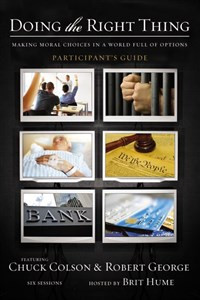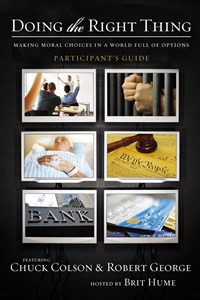This introductory text, written by one of the world's authorities on the rights of the child, covers all the issues involved in a comprehensive and accessible way. The book should be required reading on human rights courses, as well as key background reading for a wide range of professionals who work with children.
The UN Convention on the Rights of the Child has now been ratified by 190 nations, and debates on the implementation of the Convention in practice are growing. This book offers criteria for considering children's self-expression, and provides practical examples, focusing on ordinary children in everyday situations, and considering the evolving capacities of the child, from birth to adulthood. Although it is not a book primarily about law, the key legal issues are included, and the book contains examples of practical issues from many different cultures.
The authors open with a discussion of human rights in general, then focusing on the basis for rights for children and the role of the Convention, and the key issues involved. The second part of the book looks at participation rights and rights of self-expression in both theory and practice - the legal and political implications, and the practical implementation of rights. The third part of the book focuses on the exercise of the rights self-expression, the empowerment of children, and how, in practical terms, this can be implemented. A wide range of situations are looked at and the authors also discuss the relationship between rights and responsibility.







